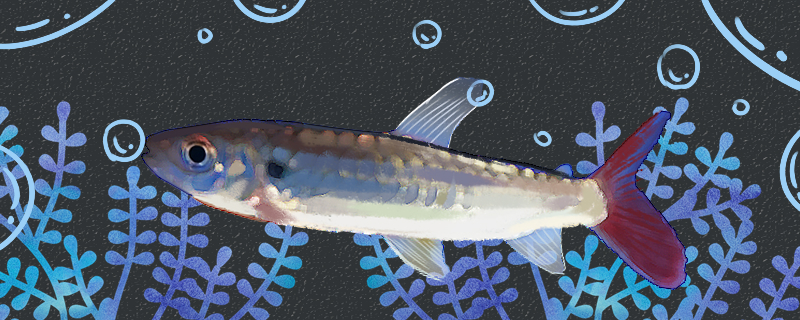
red-tailed pinkers? Red-tailed pinkers are aggressive, so it's best not to mix them with other small fish. In addition, it is better to prepare an aquarium with a capacity of more than 120 cm and more than 240 liters, because their mobility is relatively strong, so do not plant too many aquatic plants in the aquarium, but you can plant some ephemeral plants. Also, the aquarium must be covered to prevent it from jumping out of the aquarium, because their jumping ability is very strong. Generally speaking, it is still difficult to raise them.
red-tailed Pinker fish 1. Water temperature: Red-tailed Pinker fish does not have too high requirements for water temperature. It only needs to keep the water temperature between 23-28 degrees Celsius to ensure their normal survival needs. In addition, it is necessary to ensure that the water temperature is basically constant, as long as a constant temperature system is installed in the water tank, there is basically no big problem.
2. Water quality: They like to live in a weakly acidic to neutral water environment, so it is better to control the pH value of the water between 6 and 7.5. Not only that, they also like to live in soft water, so the hardness of the water body needs to be kept between 4 and 18.
3. Feeding: When the fish are young, they can be fed with flake feed or lake feed, but when they become adults, they prefer carnivorous feed, preferably fish, fish and other meat.